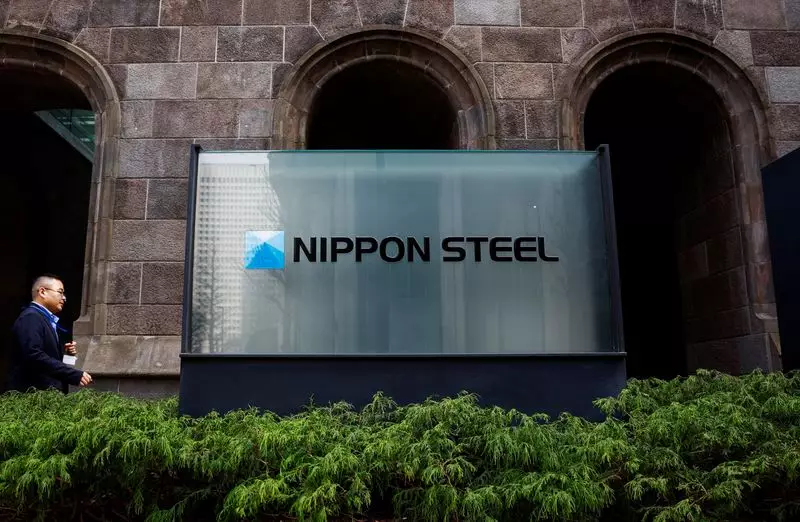The proposed $14.9 billion takeover of U.S. Steel by Nippon Steel has raised concerns about potential national security risks due to the impact it could have on the supply of steel for critical sectors such as transportation, infrastructure, construction, and agriculture. The Committee on Foreign Investment in the U.S. (CFIUS) highlighted in a letter sent to the companies that decisions made by Nippon could lead to a reduction in domestic steel production capacity, which could result in supply chain disruptions vital to national security.
Despite Nippon Steel’s assurance that it would invest billions of dollars to maintain and enhance U.S. Steel facilities that would have otherwise been idled, CFIUS expressed concerns about the potential loss of viable commercial production capabilities and skilled workforce. This could jeopardize the U.S. steel industry’s ability to meet national security requirements effectively.
Additionally, CFIUS pointed out the risk associated with Nippon’s increasing presence in India, where production costs are significantly lower than in the U.S. The committee also raised concerns about Nippon Steel’s policy toward seeking U.S. trade relief for domestically manufactured products, noting instances where Nippon resisted such relief. This could potentially affect U.S. Steel’s ability to pursue trade remedies under Nippon’s control.
Nippon Steel has emphasized that it will not transfer any U.S. Steel production capacity or jobs outside the U.S. and will not interfere in U.S. Steel’s decisions regarding trade matters, including pursuing trade measures against unfair practices. The company has proposed a detailed draft agreement to address CFIUS’s concerns and ensure that national security considerations are adequately addressed in the takeover deal.
Overall, the proposed takeover of U.S. Steel by Nippon Steel has sparked a debate regarding the potential national security risks associated with the deal. While Nippon Steel has made commitments to maintain and potentially increase domestic steelmaking capacity in the U.S., concerns remain about the impact on critical sectors and the U.S. steel industry’s ability to meet national security requirements. It will be crucial for CFIUS to carefully evaluate the proposed agreement and assess whether adequate safeguards are in place to address these concerns effectively.

